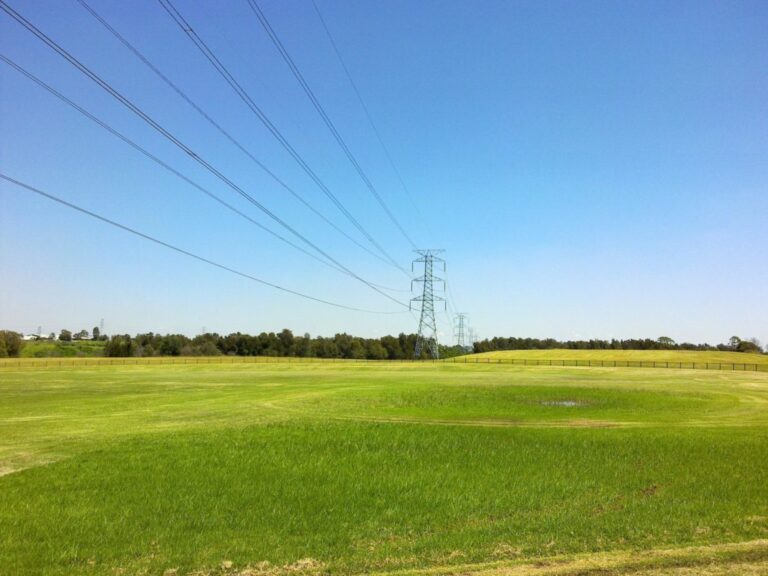Electricity System Operator (ESO) plans to expand its Demand Flexibility Service, which will financially reward consumers and businesses in Britain for reducing consumption during times of peak demand.
Households and businesses in Britain could be paid to provide year-round network flexibility, under plans announced by National Grid ESO.
The ESO first introduced its Demand Flexibility Service (DFS) in the winter of 2022-2023 as an emergency service, following the increase in international gas prices due to the Russian invasion of Ukraine. For 2024 and beyond, the ESO does not plan to bring back DFS as a winter stopgap measure, but has instead proposed a year-round system that would operate as a normal commercial service.
DFS works by inviting consumers and businesses to reduce their electricity consumption during periods of high demand, typically between 4:00 PM and 8:00 PM. Energy suppliers and other DFS providers bundle several separate measuring points – where imports and exports are measured – into DFS Units with capacities between 1 MW and 100 MW. Part of the revenue from offering flexibility to the ESO is then passed on to consumers.
In the winter period 2022-2023, 1.6 million households and companies participated in DFS, saving more than 3.3 GWh of electricity. This grew in winter 2023-24, when 2.6 million households and businesses participated, providing 3.7 GWh of flexibility.
National Grid ESO is now consulting with industry stakeholders on its proposal for a year-round DFS. The original design includes changes that would allow DFS to compete with the other commercial tools available for the ESO control room. It would also mean that DFS providers and their customers could stack DFS revenues with other revenue streams, such as the capacity market. Other revenue stacking options in the proposal include changing the rules to allow participation in both DFS and distribution network operator (DNO) flexibility services. Previously, individual measurement points participating in DNO flexibility services could not be included in DFS units.
In a press release, Layte O’Neill, Chief Operating Officer at ESO, said: “The Demand Flexibility Service has been a national first in enabling households and businesses to embrace energy flexibility and be rewarded for doing so. As we move away from requiring DFS as a winter emergency service, it is only right that we look to the future of what this service can provide.
“We look forward to working closely with the industry in the coming months to deliver a service that makes flexibility part of everyday life and can unlock the benefits for participating consumers and society as a whole.”
Following consultation with industry, National Grid ESO plans to submit a final DFS design to energy regulator Ofgem, ahead of a planned launch in winter 2024.
The DFS proposals apply to England, Scotland and Wales – Northern Ireland is part of a separate integrated electricity market with Ireland.
This content is copyrighted and may not be reused. If you would like to collaborate with us and reuse some of our content, please contact: editors@pv-magazine.com.


